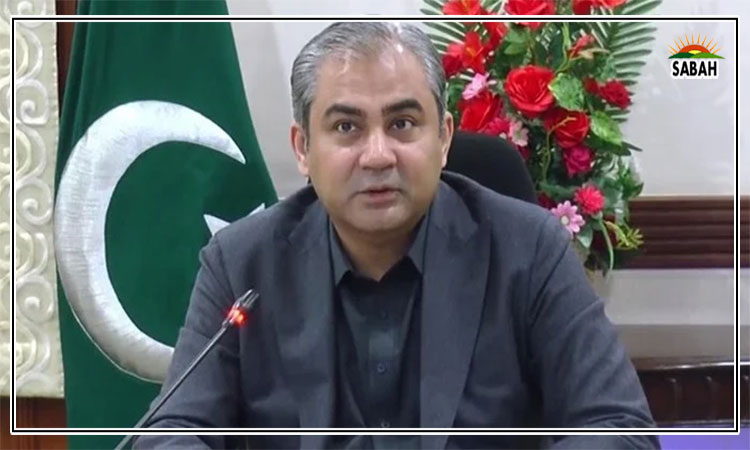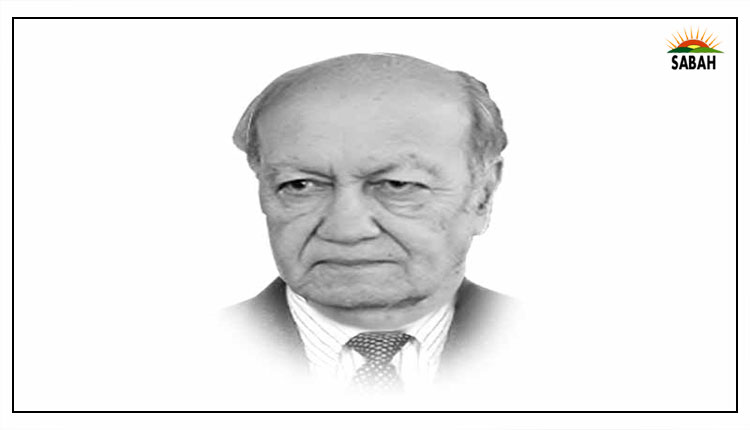Clarity and direction needed for a better future… Talat Masood
Recently, US lawmakers had several suggestions to offer with a view to ensure the credibility of the next elections in Pakistan. There was surprisingly no public response from the government nor did it invite any serious discussion on print and electronic media. Their recommendations need to be reflected upon from several angles in our national interest. Firstly, the very fact that foreign legislators are taking interest or meddling in our affairs is a reflection of the lack of confidence in the credibility of our election process. What else one would expect when we ourselves have little faith in the integrity and fairness of elections. It is difficult to point out a single national election in the seventy-five years of our life that was not marred by allegations of mismanagement, fraud and interference by state institutions. There is little doubt that the forthcoming election is not going to invite the same response, although somewhat muted. The framework is in place, the PML-N dominates the scene and enjoys the confidence of the establishment. PPP is satisfied with the complete freedom that it operates in Sindh with practically little accountability and plays the second fiddle in national politics. PTI, as a party, has been liquidated for all practical purposes, even though it still commands latent support among a fair cross-section of the youth.
The army leadership having little confidence in the ability of civilian governments to deliver, even if it is of its choice wants to retain hold on major policy issues and critical areas. The latest legislation under Section 175-E (national development) proposes that the Pakistan Army may, upon direction or with the concurrence of relevant authorities of the appropriate government in the prescribed manner, directly or indirectly, carry out activities related to, inter alia, national development and advancement of national or strategic interest. The legislation can be applied with retrospective effect.
Providing the army legal cover, in fact, has merely formalised the role it has played informally in the political and economic policies and their implementation. It legalises the hybrid policy framework and introduces a fundamental change in the power structure. In democracies, political parties at least by law and in practice are subjected to a process of accountability. Moreover, if their performance fails to meet the expectations of people, they are likely to lose elections or even before that through a no-confidence motion in parliament. But involvement of state institutions directly in managing affairs of the state apart from constitutional deviation creates an anomaly as regards accountability. It has to rely on its own institutional checks.
For Pakistan this situation is not new. Pakistans weak democratic institutions, mostly dominated by elite families, have failed to command the confidence of the people, and as a result their commitment to democratic values has remained weak. Military takeovers in Pakistan at least initially have been welcomed as history would remind us. How harmful these were and where these led too is well known and documented.
What we also need to explore is how our debased politics is affecting the state of economy and international image. Over the years leadership lacking credibility has been compromising on economic issues for short-term political gains. Consequently, we have been facing serious economic challenges and become heavily dependent on foreign assistance. National ego and self-respect demand the government take long and short-term measures to extricate the country from dependence. The role of the civilian and military leadership is critical as they have to devise policies that bring about savings without compromising security and quality of governance. State enterprises continue to bleed and governments latest policy to allow foreign countries or entities to set up plants and refineries or operate them has implications and need to be negotiated and monitored diligently.
Whereas, we may be able to live and even justify the present state of semi anarchy and democratic deviations by drawing parallels that even the West went through violence and bloody conflicts before it could bring order and strengthen its democratic institutions.
Imran Khans impatience and intolerance for the opposition and ushering in a new order was the primary reason for his downfall and a major setback to democracy.
What we have witnessed over the years and lately is that different visions and approaches to politics and democracy in a turbulent society as ours have totally different consequences.
We are still struggling with the notion whether we should strengthen institutions or our ideas of the military should prevail. We as a nation have failed to asses or weigh the consequences of these different approaches. Another fact that a country like individuals should embody values and this needs leadership and dedication to principles. This is not idealism but a reality that no nation can escape.
Courtesy The Express Tribune












